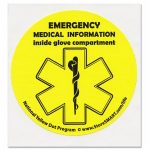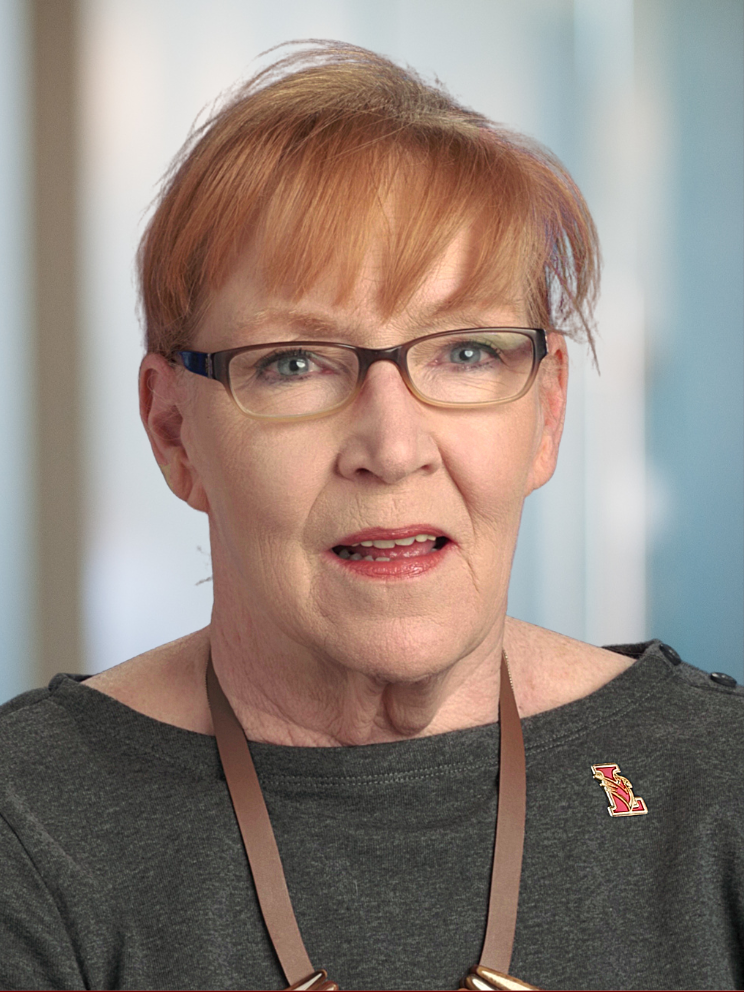Do you ever worry about what could happen if you ended up in a hospital and no one knew who you were? What would happen to you if you were in an accident and unable to tell first responders whom they should call?
My late husband was a diabetic with cardiac issues, so he wore a medical alert bracelet. He also carried a card in his wallet that contained information about his medications and contact information for his doctors. He wanted to be sure he would get proper life-saving care if he needed it, and that doctors could reach me in an emergency.
Being prepared for an emergency is not only easy, it can save confusion and even lives. I recently came across a national program called Yellow Dot that is getting some attention. It’s sort of like the “Baby on Board” signs you see on the windows of cars. You can buy one online, but many participating organizations issue a free kit with a yellow dot decal to put on your car, alerting trained first responders that you have emergency information in the glove compartment. You can list any allergies, medications or conditions, along with contact information and a photo to correctly match the information with the victim. This could be a lifesaver if you can’t tell a passerby or EMT that you have a medical condition.
While a program like Yellow Dot is good for drivers of any age, it seems especially right for an older driver. The National Highway Traffic Safety Administration estimates that 32 million people age 65 and older are licensed to drive and studies suggest that the risk of being in a car accident increases as you age.
And remember, emergencies don’t just happen on the road. There are similar programs to help at home. Some local governments and agencies have adopted a program called File of Life. Participants have a magnetized plastic pocket that goes on the refrigerator and highlights family medical and contact information. Emergency responders in these communities know to look for the File of Life when they arrive.

Even more simply, you can designate your In Case of Emergency (ICE) contact in your cell phone. Create a contact in your address book called ICE, with the phone number for your designated person. I have a friend’s information in my phone and my kids have my home and cell numbers in theirs. I am told that police know to look for this information in an emergency. Do this now, while you’re thinking about it!
Rarely is peace of mind so easy to achieve. I hope this idea catches on.

Pepper Evans works as an independent-living consultant, helping older adults age in place. She is the empty-nest mother of two adult daughters and has extensive personal and professional experience as a caregiver. She has worked as a researcher and editor for authors and filmmakers. She also puts her time and resources to use in the nonprofit sector and serves on the Board of Education in Lawrence Township, NJ.


